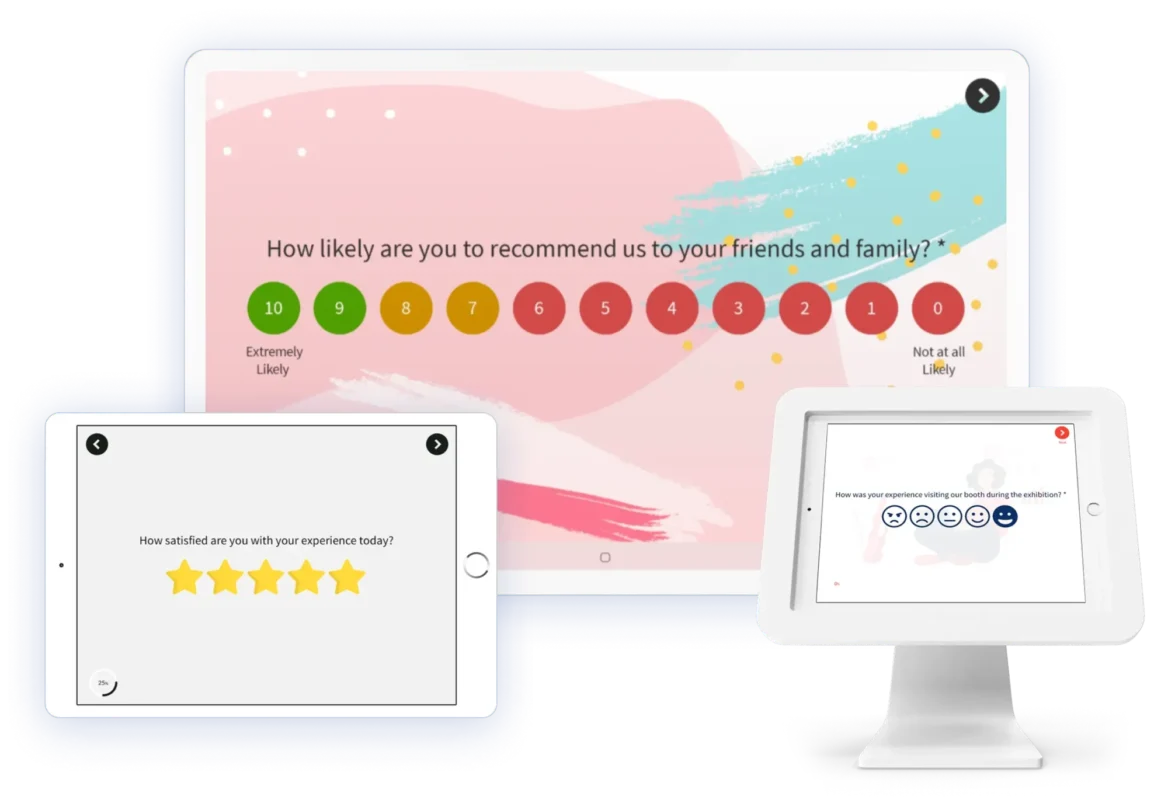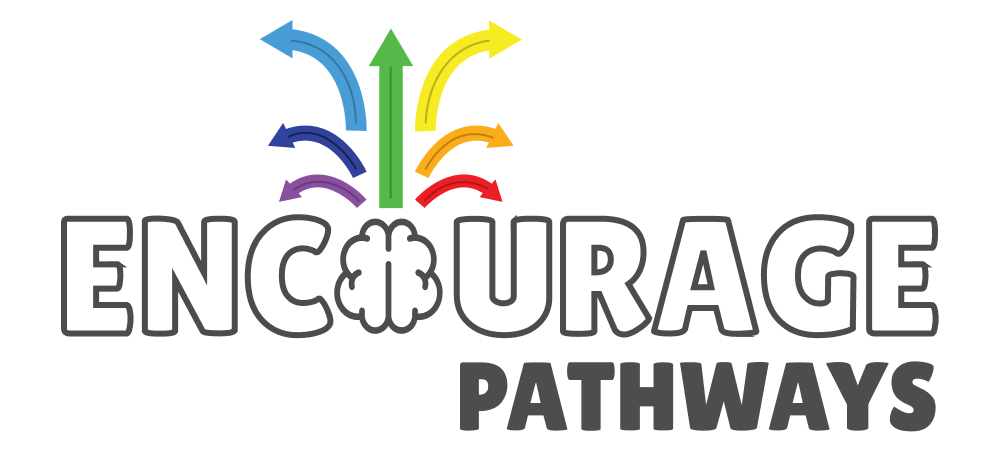The school engagement kit is a comprehensive approach to assessing and improving the engagement of key stakeholders in a school environment, including students, parents, and staff (both teaching and non-teaching). Let’s break down each of the three phases in more detail:
Phase 1: Assessment (Online/Offline Surveys)
- In this phase, an in-depth assessment of school engagement is conducted.
- This assessment involves gathering data from students,/ parents,/ and staff members to understand their perceptions, concerns, and levels of engagement.
- The goal is to identify baseline data and gain insights into the current state of engagement within the school community.
Phase 2: Focus Group Discussions (FGD)
- Phase 2 involves offline focused group discussions (FGD).
- FGDs are a qualitative research method where a small group of participants from each stakeholder group gathers to discuss their concerns, experiences, and suggestions.
- FGDs provide a more detailed and nuanced understanding of the specific areas of concern and potential solutions.
- This phase helps pinpoint the key issues that need to be addressed to improve engagement.
Phase 3: Action Planning and Implementation
- Phase 3 is the final step and focuses on translating the insights gained from phases 1 and 2 into concrete actions.
- This phase includes policy formulation, which means creating or revising school policies to address the identified concerns and improve engagement.
- It also involves planning and implementing workshops and training sessions for school staff, parents, and students to raise awareness and build necessary skills.
- The aim is to develop and execute a strategic plan that will enhance school engagement and create a more positive school environment.


Overall, this school engagement kit is a structured approach to understanding and improving the engagement of all key stakeholders in a school. It starts with assessment, moves on to identifying specific concerns, and ends with the development and implementation of action plans to address those concerns and promote a more engaged and positive school community.
The school engagement kit not only focuses on assessing and improving engagement but also addresses other important aspects such as commitment, brand building, satisfaction, and staff screening.
1. Commitment of Stakeholders:
- Engaging stakeholders, including students, parents, and staff, not only enhances their involvement but also fosters a sense of commitment to the school’s mission and values.
- This commitment can lead to increased support for school initiatives, stronger community ties, and a shared sense of purpose within the school.
2. Brand Building:
- Building a positive brand for the school is crucial for its reputation and long-term success.
- By actively involving stakeholders and addressing their concerns, the school can enhance its image and reputation in the community.
- A positive brand can attract students, parents, and talented staff, contributing to the overall growth and success of the school.
3. Satisfaction:
- Ensuring satisfaction among stakeholders is a key aspect of maintaining a healthy school environment.
- When students, parents, and staff are satisfied with their experiences, they are more likely to stay engaged and contribute positively to the school community.
- Regular assessments and feedback mechanisms can help identify areas where satisfaction can be improved.
You have a question?
Ask Us.
